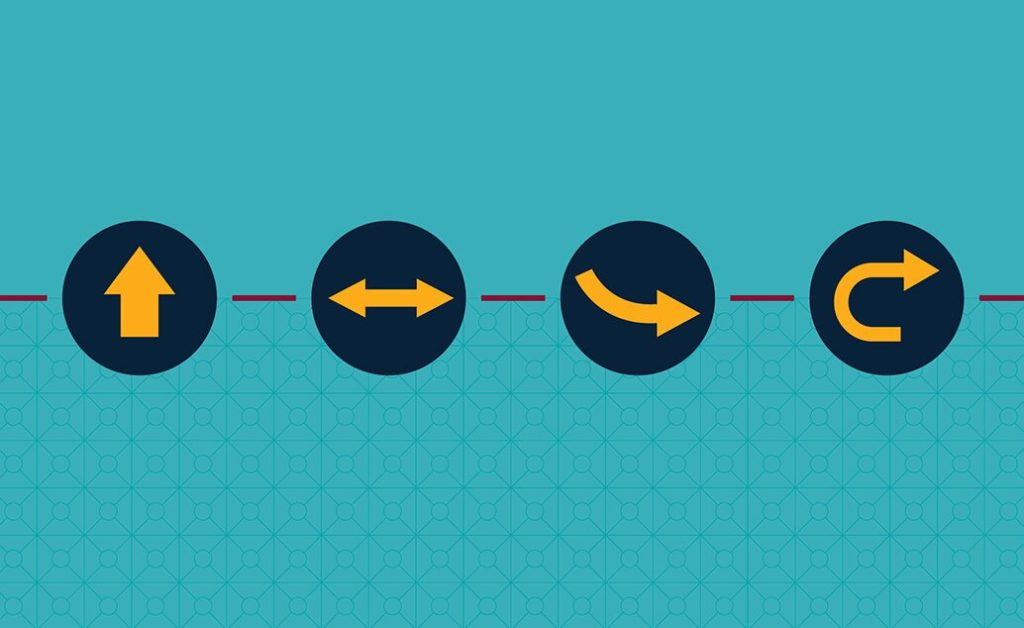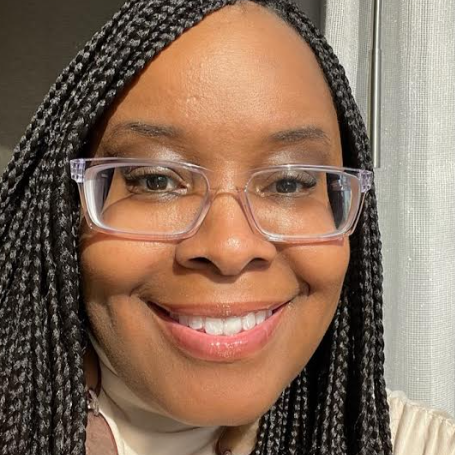
When it comes to building a career, it’s comforting and affirming to seek out others in your industry you can relate to. Traditionally, that person is a mentor – an experienced professional who can help us avoid pitfalls while guiding us toward pathways to success. However, if the goal of mentorship is to help us grow, it’s time to expand our mentor network past the traditional. When we start looking for mentors at all career stages, we can start building a robust professional network.
The Traditional (above-level)
A traditional mentor is someone with experience and connections who can guide our paths forward because they’ve journeyed those paths themselves. Traditional mentors are proactive forces in our lives. They can prevent us from making mistakes and show us how to progress as we grow. Traditional mentors are also purveyors of access and opportunity – they embody the spirit of paying it forward with the expectation that we will do the same in the future.
The Colleague (on-level)
Our colleagues are in the trenches with us through both triumphs and tribulations. They support us by listening to our burgeoning ideas and our exasperating challenges. Even though they have as much work experience as we do, their views can differ based on prior connections and lived experiences and we can learn from those differences. Colleagues also collaborate with us to enhance our work and offer advice. The value of these seemingly mundane discussions should not be overlooked.
The Newbie (below-level)
To gain professional knowledge, we usually don’t turn to people with less experience. However, someone new to the field can provide fresh viewpoints on dated ideas and stagnant initiatives. Combined with input from a traditional mentor or a colleague, a newbie’s insights can help us form more comprehensive professional perspectives. Additionally, a mentor relationship with a newbie can be reciprocal: You nurture and validate a newbie’s contributions while they support and expand your efforts.
The End-user (service-level)
Almost all professions have end-users – the people who are impacted by our work. End-users include students, patients, customers, employees and more. Their perspective is extremely important because they are who we’re trying to benefit. End users tell us what is and isn’t working and provide valuable input on how to improve. While it’s usually more effective to collect feedback from a group of end users instead of developing singular relationships, their input can also help us greatly improve our professional practice.
It’s time to expand the definition of mentorship and fill our professional networks with people who we can learn from.

